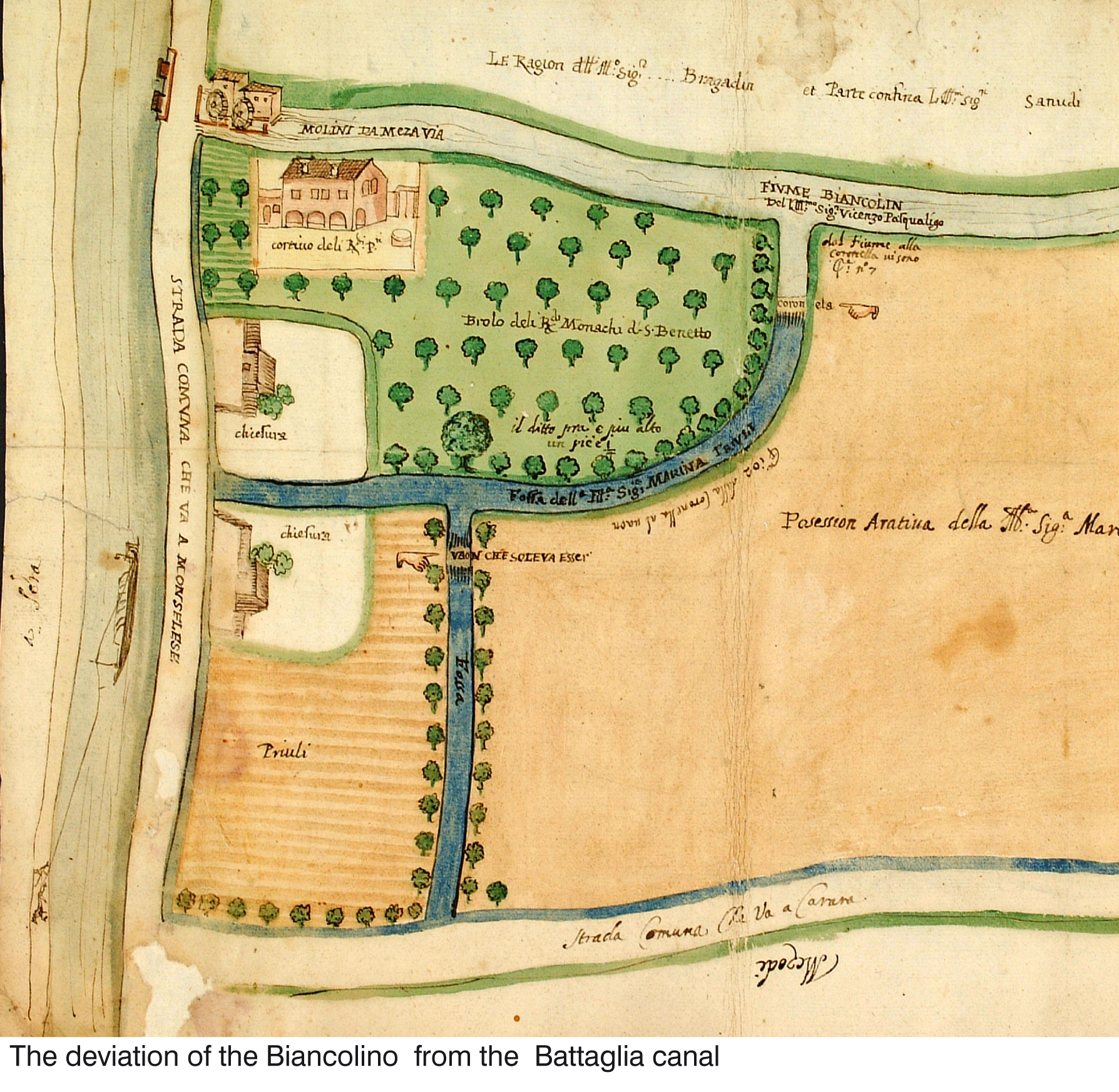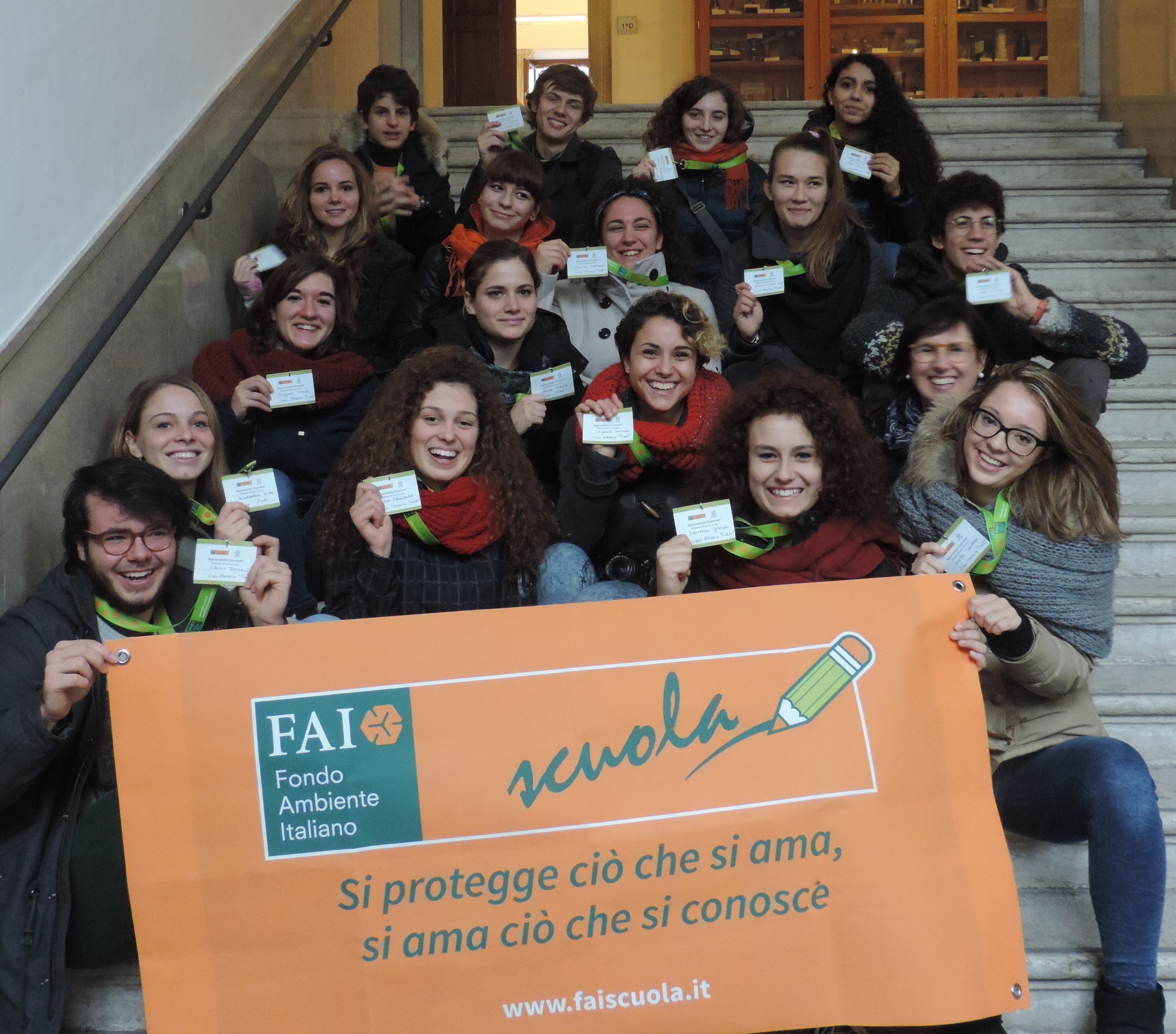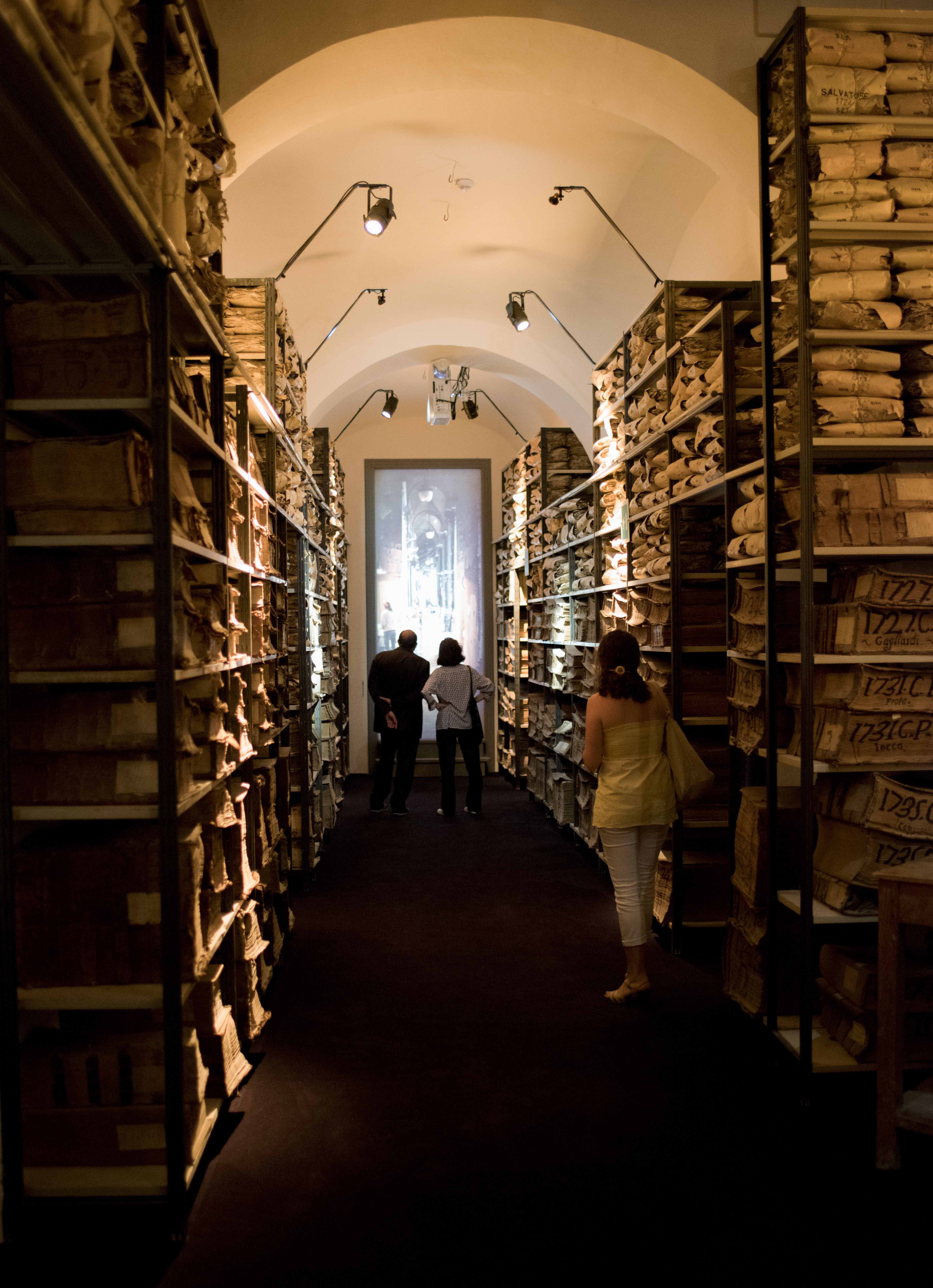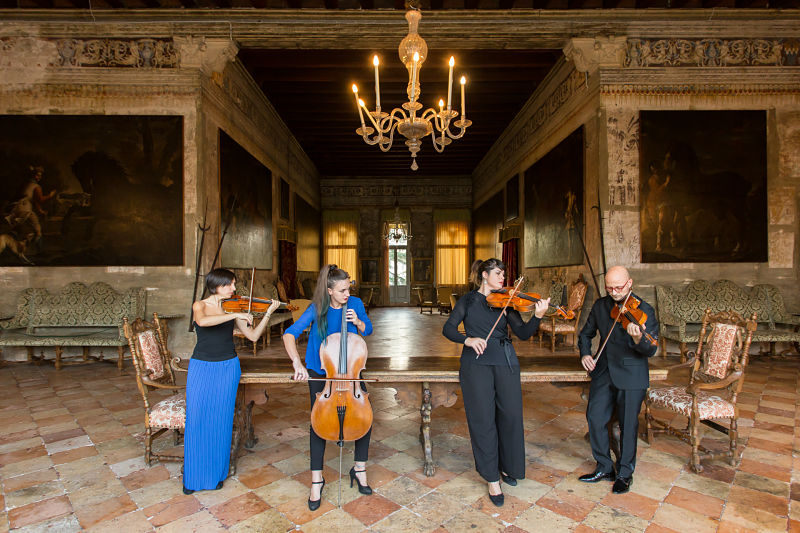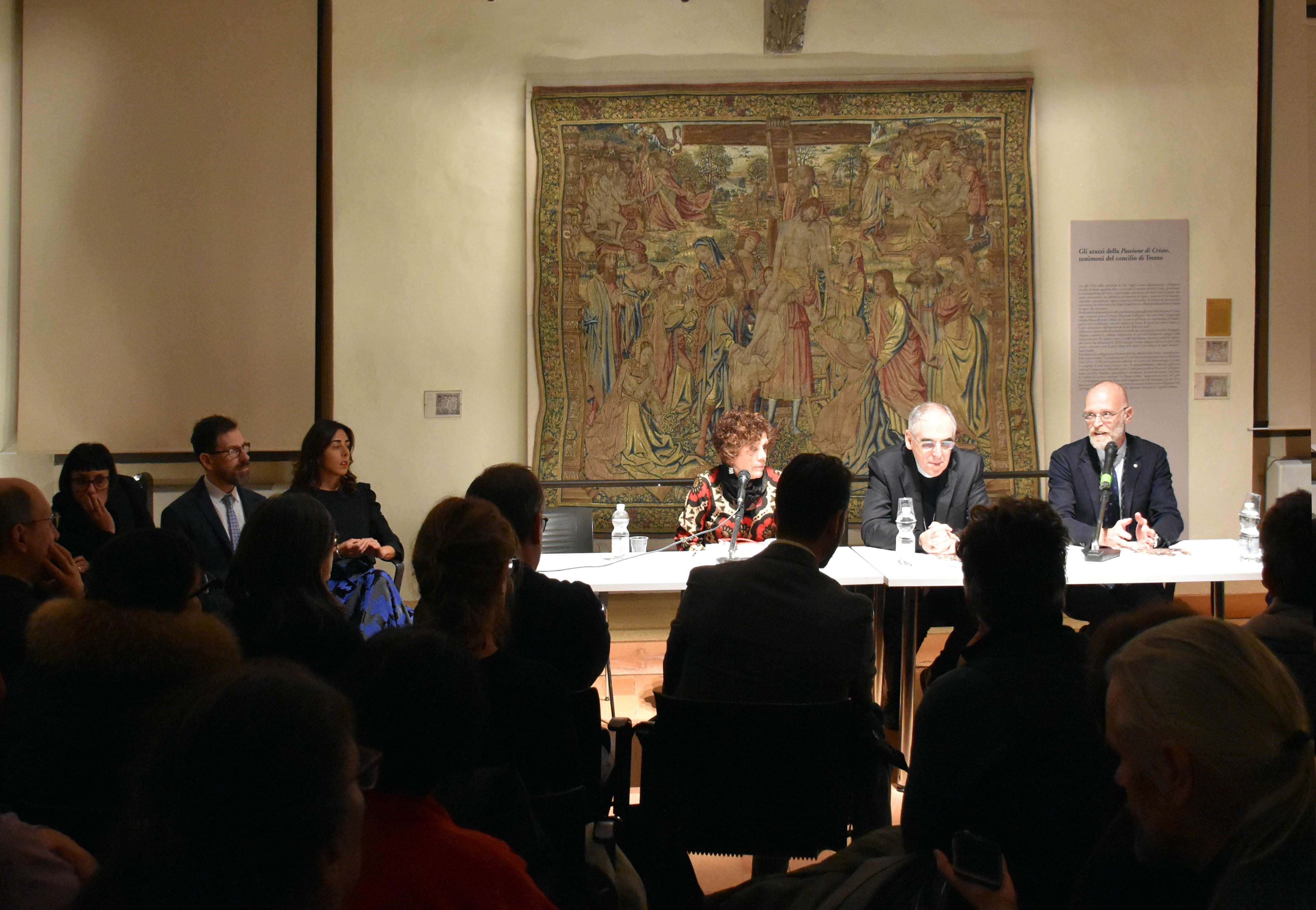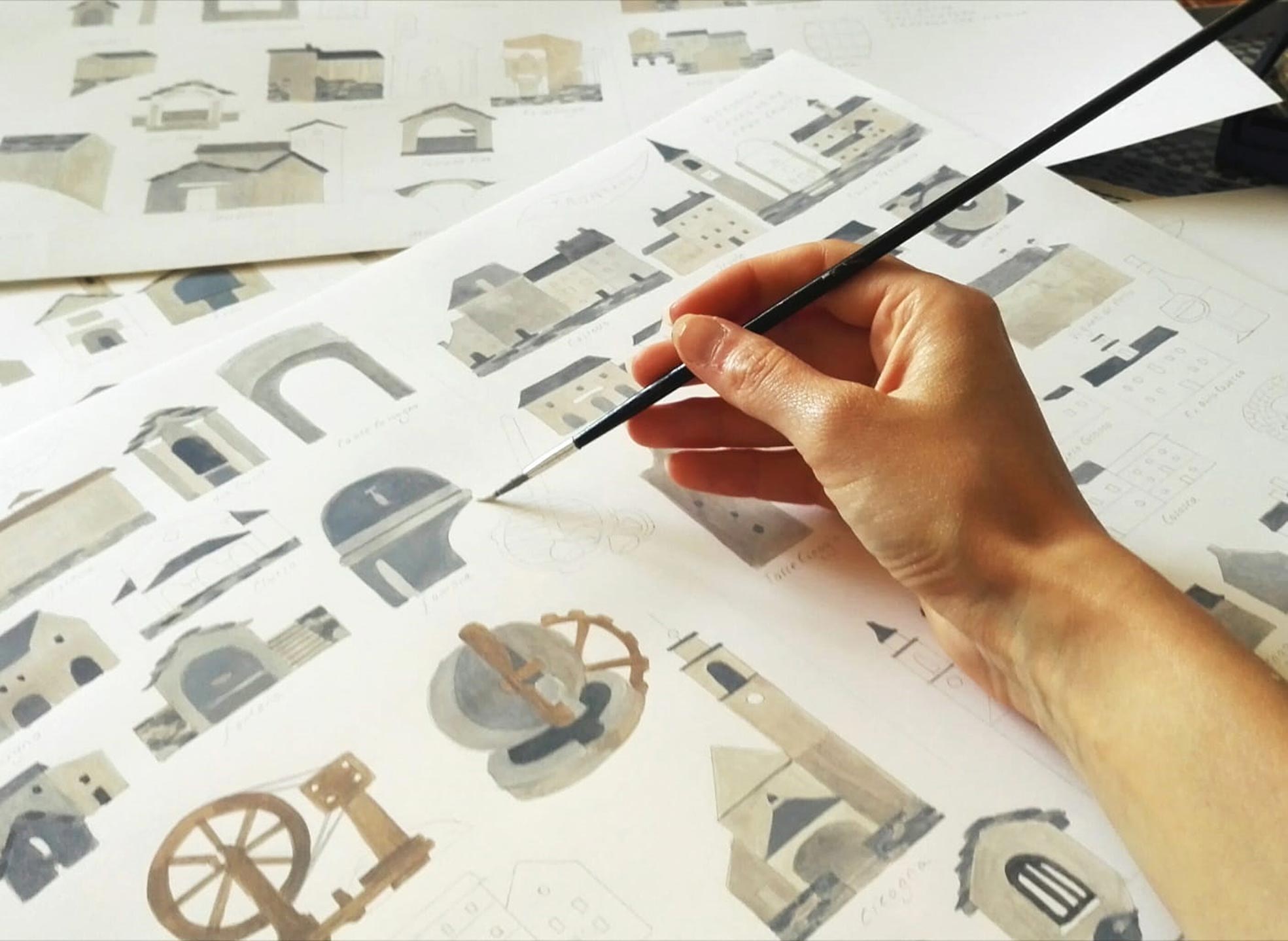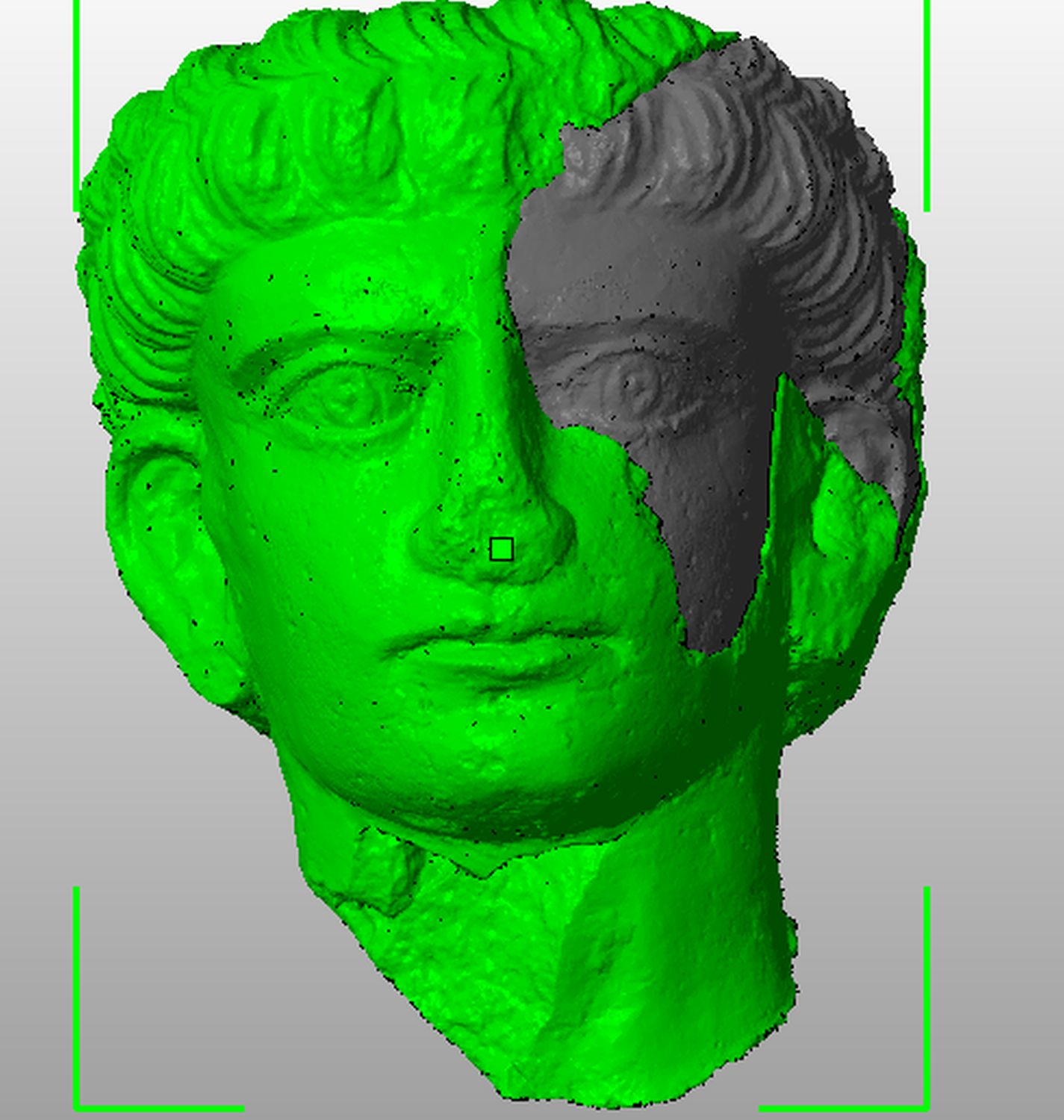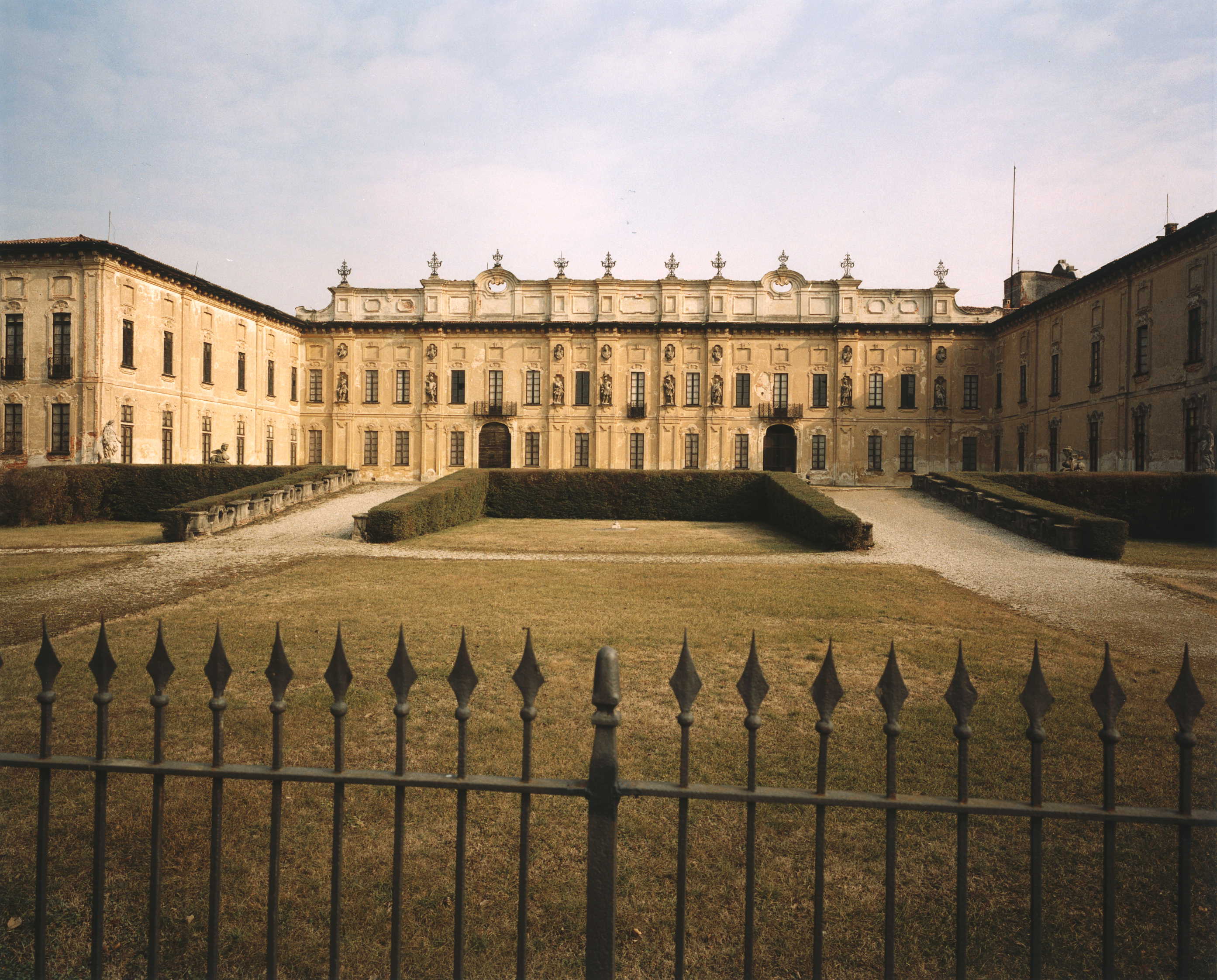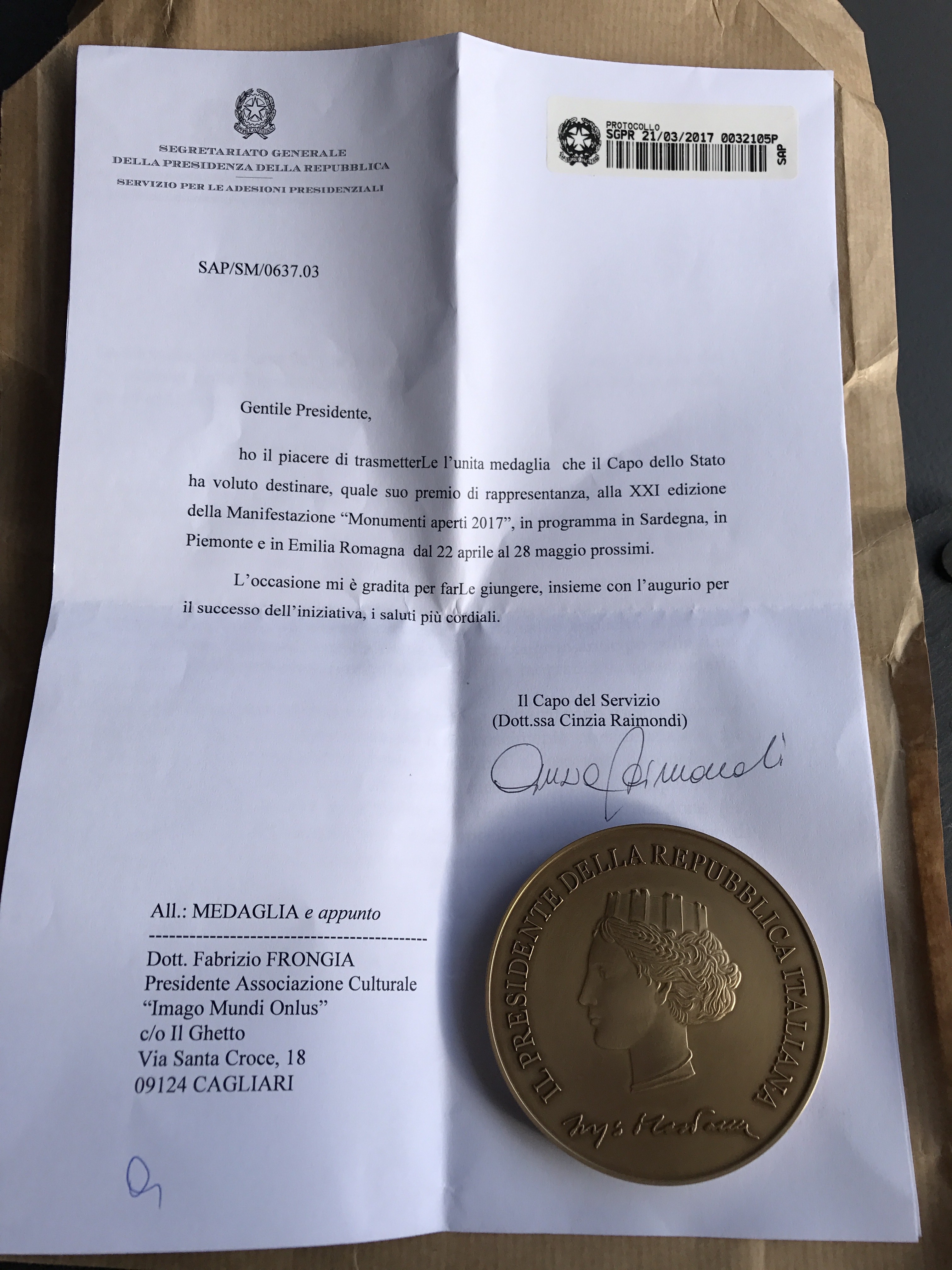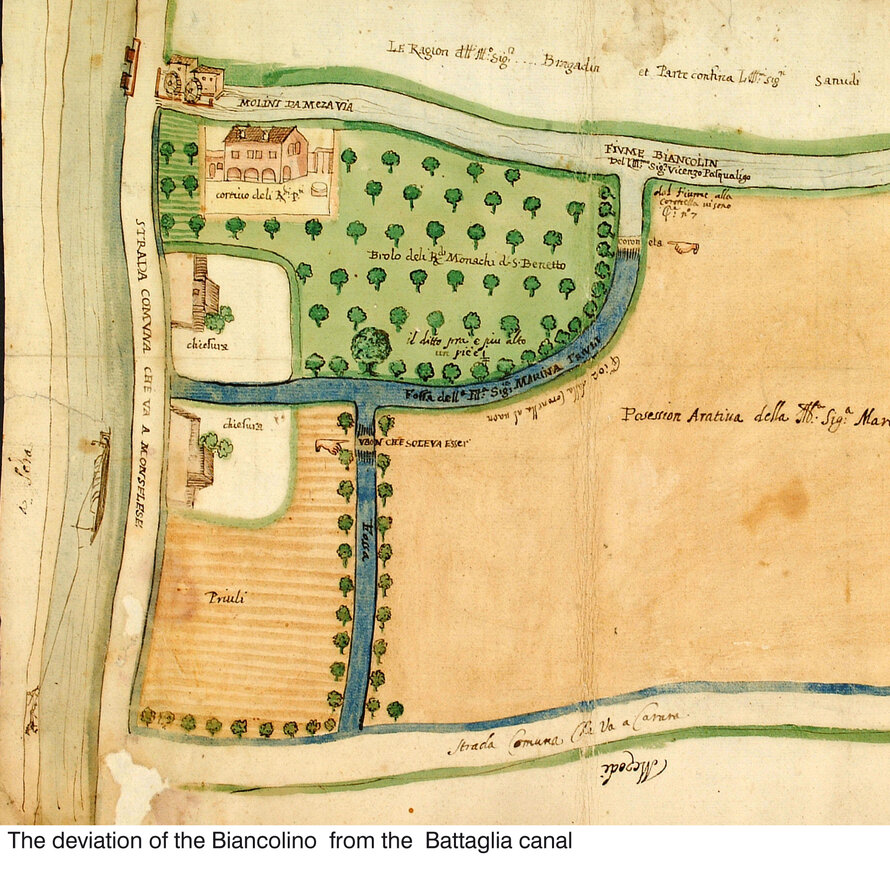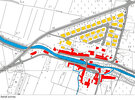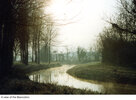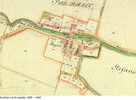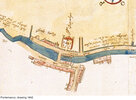A proposed teaching method for reading the landscape and cultural heritage
It is difficult to love and protect what we don't know. Historical heritage is often neglected, ignored and under-valued mainly because of ignorance. Therefore, understanding and appreciating one's cultural heritage must be integral component of one's education, starting at a ...
Read more
Project details
| Title: | A proposed teaching method for reading the landscape and cultural heritage |
|---|---|
| Entr. year: | 2009 |
| Result: | Award |
| Country: | Italy |
| Town: | Pontemanco, Due Carrare (Padua) |
| Category type: | education |
| Notes: | Project full title: "A suggested method for reading the landscape and cultural heritage, and the preparation of teaching instruments" |
| Architect / Proj.leader: | Education, Training and Awareness-Raising |
| The Jury's citation: | "The jury has awarded a highly elaborate educational project in terms of its ambitions and tools, aimed at conveying a better understanding to secondary school children about the architectural environment which surrounds them and the history that carved the landscapes in which they live. Furthermore, this approach has the potential to give rise to similar initiatives across Europe." |
Description:
It is difficult to love and protect what we don't know. Historical heritage is often neglected, ignored and under-valued mainly because of ignorance. Therefore, understanding and appreciating one's cultural heritage must be integral component of one's education, starting at a young age. Recognising the need for early-childhood heritage education, the project aims at encouraging schools to renew teaching methods and subjects, in order provide students with a better understanding of the heritage of their community and thus helping students become stewards and protectors of their local heritage. Through access to documents of the State Archives, the project was able to bring heritage alive and more concrete by allowing the children to examine original 15th century documents referring to their territory. This model has been very cost effective and can easily be replicated in communities and regions across Europe.
Similar projects
